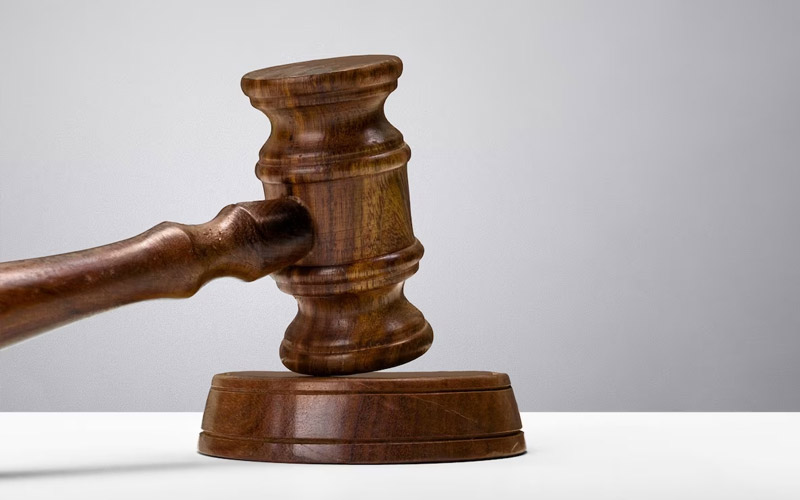active and purposeful military lawyer with more than 4 years of experience
The Supreme Court put an end to the case of suspension from work due to lack of vaccination against COVID-19
The Grand Chamber of the Supreme Court in the decision of December 14, 2022 in case No. 130/3548/21 (proceedings No. 14-82цс22) noted that the suspension from work (performance of work) of certain categories of employees who refuse or evade mandatory preventive vaccinations against COVID-19, was provided by law.
The prescriptions of the laws of Ukraine regarding such suspension are clear and understandable, and if the procedure defined in them is followed, they allow the employee to understand the consequences of his refusal or evasion of such vaccination in the absence of medical contraindications revealed by the results of a medical examination conducted before the suspension, and the employer to determine procedure for such an employee.
By establishing mandatory vaccination against COVID-19 for certain categories of workers as a condition for continuing to perform their work duties, the state tried to achieve the goal of protecting the public's health from the disease, which can pose a serious danger.
Regarding the legality of non-payment of wages to the employee during the period of suspension from work, the Supreme Court of the Supreme Court stated the following: reinstatement lawyer
The current legislation does not provide for the employer's obligation to retain the employee's salary for the period of his suspension from work in connection with the refusal or evasion of mandatory preventive vaccinations against COVID-19. At the same time, the collective and/or labor agreement, the decision of the employer may stipulate other conditions.If the employee's suspension from work was not lawful, the employer is obliged to pay the employee the payments specified by law.
Also, the VP of the Supreme Court found out whether it was urgently necessary to suspend the plaintiff from work and to what extent such a suspension contributed to the achievement of the stated legitimate goal.
You may be interested in reading articles on such topics as: illegal dismissal lawyer legal advice dismissal legal advice dismissal legal advice on dismissal reinstatement lawyer
The Grand Chamber of the Supreme Court observed that the suspension of a person from work, which may have the effect of depriving him of his earnings in this way without an individual assessment of the behavior of this person, only on the basis that he works at a certain enterprise, institution, institution, other organization, may be justified in the presence of very convincing reasons. In each case, it should be checked whether it was possible to achieve the set legitimate goal by applying measures that are less severe than suspending the employee from work after an individual assessment of the work duties performed by him, in particular, an assessment of the objective necessity during their performance of personal contact with others people, the possibility of organizing remote or home work, etc.The VP of the Supreme Court stated that in each specific case, to resolve the issue of the existence of grounds for mandatory vaccination of an employee against COVID-19 and, accordingly, to suspend an employee from work, one should be guided not only by List No. 2153, but also, among other things, take into account such circumstances as:
• number of social contacts of the employee at the workplace (direct/indirect);
• form of work organization (remote/home), including the possibility of establishing such a form of work for an employee who has not been vaccinated;
• working conditions in which the employee is and which increase the probability of infection with COVID-19, in particular the need to go on domestic and foreign business trips;
• employee contact with products that will be used (consumed) by the population.
The appellate court ignored the specified circumstances and did not take into account that the defendant did not justify the need to remove the plaintiff by the fact that she, working as a relocation officer, created threats that would require the adoption of such a strict measure that deprived the plaintiff of her earnings.
The Supreme Court concluded that when considering such cases, the courts should take into account that public interests prevail over personal interests, but only when the interference with the relevant rights of a person has objective grounds (provided by law, pursues a legitimate goal, is urgently necessary and proportionate to such a goal ).





























